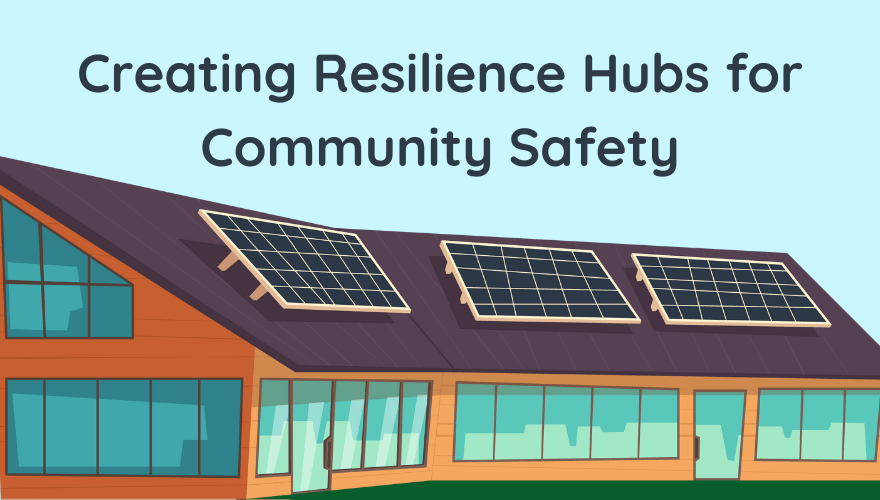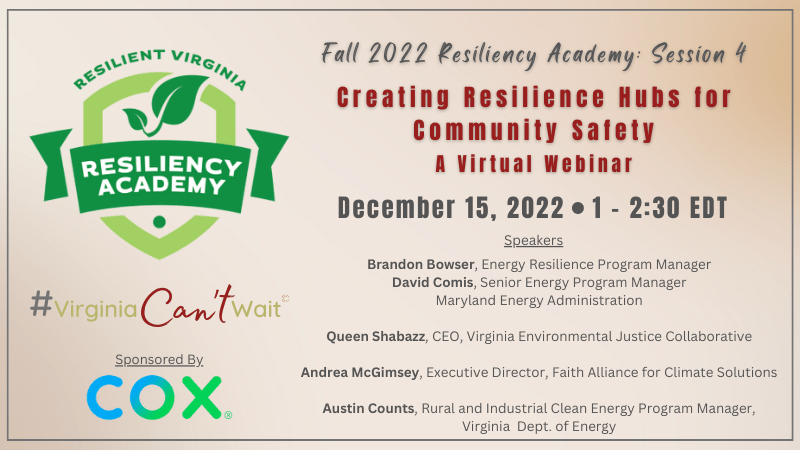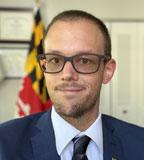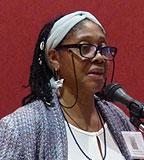
What Are Resilience Hubs?
Resilience Hubs are community-serving facilities augmented to support residents, coordinate communication, distribute resources, and reduce carbon pollution while enhancing quality of life. Resilience Hubs can meet a myriad of physical and social goals by utilizing a trusted physical space such as a community center, recreation facility, or multi-family housing building as well as the surrounding infrastructure such as a vacant lot, community park, or local business.
(Source: Urban Sustainability Directors Network)
The Purpose of Resilience Hubs
Resilience Hubs serve communities in various ways. At its core, the Resilience Hub serves as a central point to design and implement a strategy to address root causes of vulnerability and help the community thrive. In addition, the Resilience Hub can deliver preparedness messaging to the communities the Hub serves, and site leaders can work with trusted community leaders to disseminate information and facilitate stronger community ties before a disruption.
It can be the central point for gathering, assessing impact, sharing stories, assembling information, accessing resources, and spearheading response. Ideally, residents, businesses, and organizations will collectively manage the Hub including both internal and external communications.
Resilience Hubs can also play a critical role in post- disruption recovery and ongoing communications needs. For resilient communications, the site can remain a central point for gathering, sharing information, and accessing resources. Hubs can also provide space for additional experts, aid organizations, volunteers, and support networks to gather and better understand and help meet community needs.
(Source: Urban Sustainability Directors Network)
Learn More on December 15th

On December 15th, local and regional speakers will provide information about resilience hub initiatives and their benefit for community safety when disasters occur. This final Fall Resiliency Academy session is especially relevant for our communities as we deal with increased disruption from more frequent severe weather, flooding, and power outages.
Speakers

Brandon Bowser, Energy Resilience Program Manager, Maryland Energy Administration

David Comis, Senior Energy Program Manager, Maryland Energy Administration
David and Brandon’s presentation will focus on MEA’s commitment to and developments in promoting resilient energy system adoption across Maryland’s communities (especially those that disproportionately experience socioeconomic and environmental vulnerabilities and challenges), critical infrastructure, businesses, industries, higher learning institutions, and government facilities. They will focus on the development of the Resilient Maryland portfolio, what they learned, and how effective all programs within it have been.

Queen Shabazz, CEO, Virginia Environmental Justice Collaborative
Queen Shabazz will discuss the Community Resiliency Hub that the Virginia Environmental Justice Collaborative is developing in Petersburg, VA. This solar resilience hub, located in the Heights area of Petersburg, will provide the surrounding community with heating and cooling in times of power outages, training for residents who are entering/returning to the workforce, and a space for a soup kitchen and food pantry.

Andrea McGimsey, Executive Director, Faith Alliance for Climate Solutions
Andrea will discuss FACS’ Solar Sanctuaries program that aims to make the concept of resilience hubs a reality on the ground in Virginia. Leveraging the power of faith communities, the program will install solar and battery backup systems on faith buildings, primarily in rural and low-income communities. These Solar Sanctuaries will save lives during a time of increasingly adverse climate events and public health risks.

Austin Counts, Rural and Industrial Clean Energy Program Manager, Virginia Department of Energy
Austin will give a brief presentation on a new collaborative project the VA DOE is working on starting in 2023. Resilient Virginia is excited to announce that we are a partner organization in this project and we look forward to letting you know our role at a later date.




